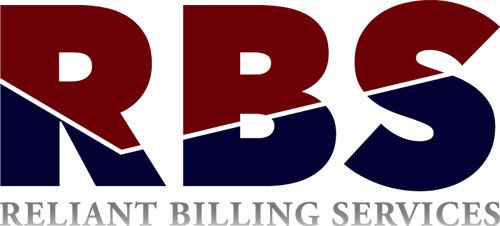Every urgent care billing department has strengths and weaknesses. If you evaluate them regularly, you may identify areas of improvement in order to create a more productive medical revenue cycle. This may result in more financial overhead, which gives your practice the ability to hire top-notch employees and invest in state-of-the-art technology. Evaluating urgent care performance metrics gives the practice a better understanding of problem areas within the practice. But which metrics are most important when evaluating the financial health of your business? Here’s everything you need to know about how to improve the medical revenue cycle with urgent care performance metrics.
Monitor These Urgent Care Billing and Collections Metrics
Some of the most important performance metrics can be found in the urgent care billing and collections arena. Regularly evaluating payments that get hung up during this part of the billing process can help you identify ways to reduce delays. And these are some of the most important measurements:
-
Days in Accounts Receivable: When accounts receivable metrics get out of hand, they directly sabotage a facility’s opportunity for growth. Finding ways to reduce accounts receivable results in a higher level of financial freedom. Your DAR (days spent in accounts receivable) is the average length of time it takes a claim to be paid upon submission. The industry benchmark is 33 days in accounts receivable. But keeping your DAR under 45 days is still a successful metric. Evaluating your own accounts receivable on a monthly basis allows you to better track your progress.
-
Gross Collection Rate: The urgent care billing department’s gross collection rate is the total payment received out of the total payment charged. This figure allows you to identify revenue loss, which can then be evaluated for a cause. Are you losing money due to medical billing errors? Are there areas of improvement that will result in a higher level of collection success? If so, this metric will help you find them.
-
Net Collections Ratio: Another helpful urgent care billing metric is its net collections ratio. This is the total amount of money received out of the total amount allowed, which gives you a better understanding of your practice’s overall profitability.
Evaluate Medical Claims Processing with These Metrics:
Another area of improvement for urgent care billing departments relates to medical claims processing. If you’re regularly unable to procure payment from insurance companies, you’re missing out on a tremendous amount of revenue. But these metrics may help you identify problem areas of the medical claims process.
-
Urgent Care Billing’s Clean Claims Ratio: How many of your claims get paid the first time you submit them? A claim that cycles through the medical revenue cycle without being flagged for denial is a clean claim. This allows you to get paid faster, and to minimize administrative cost. Most urgent care billing departments have a clean claims rate of 70-85%. And if you happen to fall into the 90-95% category, you’re implementing an extremely successful medical revenue cycle strategy.
-
Claims Denial Rate: Just like many urgent care billing departments track success rates, it’s also important to evaluate areas of improvement. The claims denial rate offers the opportunity to do just that. The lower the claim denial rate, the better your financial liberty. A low claim denial rate allows you to collect payment faster, providing more financial overhead at your practice. This may be accomplished by entering into formal contracts with the payer, credentialing new partners, auditing for medical billing errors, and educating your administrators.
Bonus: Additionally, within this metric, you may want to track loss of revenue. How many claim denials result in a reduction or elimination of payment? How many hours of administrative work does it take to resolve claim denials within their allotted time frame? And are there ways that you can optimize the billing process to minimize these figures?
Do you have more questions about urgent care metrics and why they matter? Do you think you could use the help of an expert to evaluate and fine-tune your own urgent care billing department? If so, contact us today. Reliant Billing Services is an industry leader in providing outsourced medical billing services that work. Our clients benefit from expertise and state-of-the-art practices, resulting in a more efficient medical revenue cycle.


